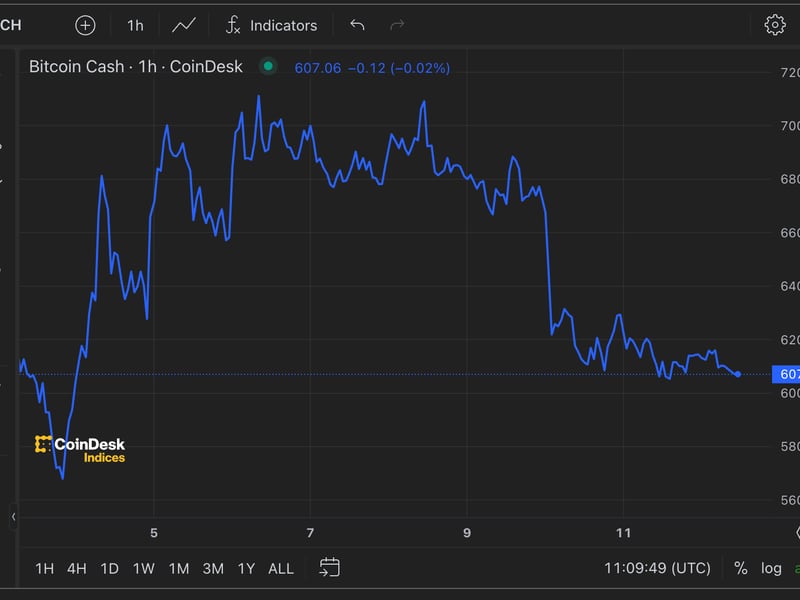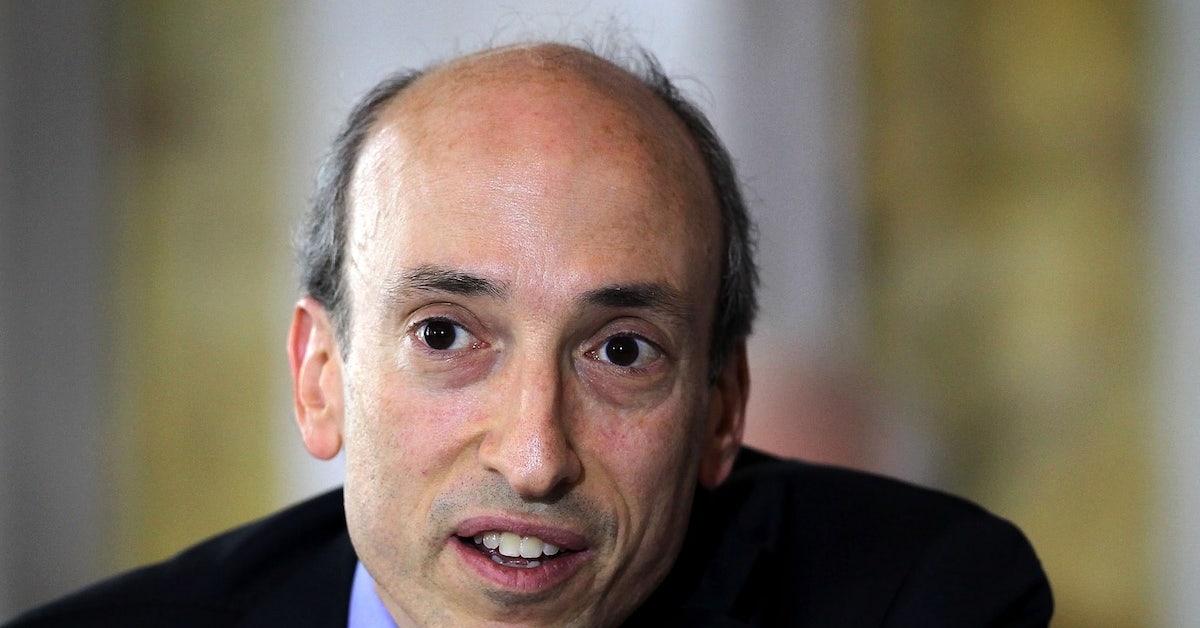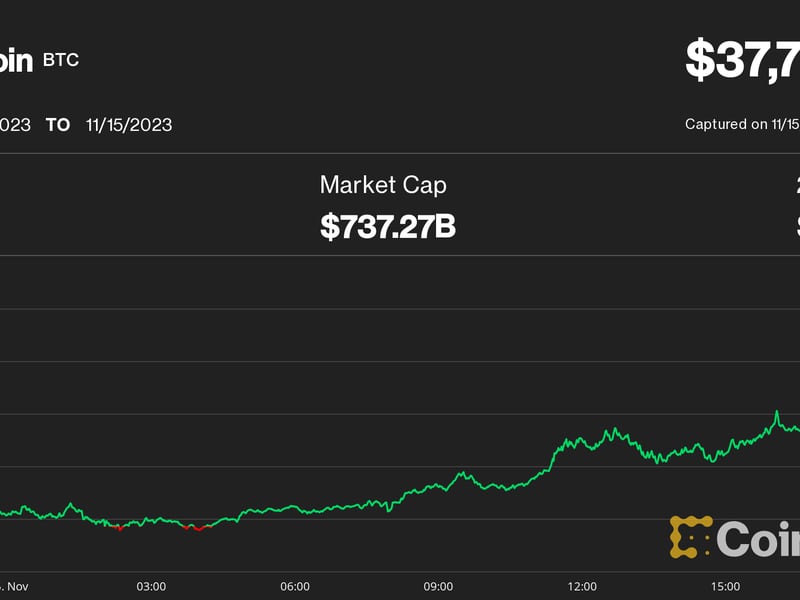Crypto Exchange Binance Is Back in Russia, Lifts Restrictions on Russian Users: Report
Join the most important conversation in crypto and Web3 taking place in Austin, Texas, April 26-28.
:format(jpg)/www.coindesk.com/resizer/Kp7K_kPq5E-t22ZbSPqw4PxH5hQ=/arc-photo-coindesk/arc2-prod/public/PG6NFPSFJVA5ZFDD46E343XSR4.png)
Anna Baydakova is an investigative reporter with a special focus on Eastern Europe and Russia. Anna owns BTC and an NFT.
Join the most important conversation in crypto and Web3 taking place in Austin, Texas, April 26-28.
Binance, the world’s largest cryptocurrency exchange by trading volume, quietly lifted restrictions on Russian citizens and residents it had imposed over a year ago. In March 2022, after the European Union placed sanctions on Russia in response to its attack on Ukraine, Binance announced it would not support deposits from Visa and Mastercard cards issued in Russia, as well as any Visa and Mastercard deposits made from the Russia.
Now, the restriction seems to be gone: Users can deposit Russian rubles, euros, British pounds and other currencies from bank cards issued in Russia, crypto news website Forklog reported on Saturday.
Earlier in April, Russian users also reported that Binance lifted limits for accounts with balances larger than 10,000 euros for users in Russia. The exchange has not officially released a statement on either of these changes.
When contacted today by CoinDesk, a Binance spokesperson did not explicitly confirm or deny the lifting of restrictions, but stated in an email: “All current restrictions related to sanctions against Russian nationals are applied by the platform and its legal entities in the European Union in full.”
Last year’s ban on Russian bank cards came after the EU and the U.S. imposed sanctions on Russia invading Ukraine. Most Russian banks were cut off from the international interbank settlement network SWIFT.
Last spring, the EU broadened its sanctions and prohibited crypto services from serving Russian users with account balances over 10,000 euros. In the fall, that threshold was eliminated, making it impossible for Russian citizens and residents to use any crypto service registered in the EU. Immediately, LocalBitcoins, Crypto.com and Blockchain.com notified Russian users that their accounts would soon be discontinued.
When Binance announced the 10,000-euro limit for users inside Russia, it stated “the EU’s fifth package of restrictive measures against Russia” required the limitations. While the sanctions are still in place, this restriction no longer exists on Binance, according to media reports, and neither does the Russian bank cards ban. Last month, however, Binance prohibited peer-to-peer (p2p) trades in dollars and euros for Russian citizens and residents, leaving only the Russian ruble option. The Binance spokesperson confirmed this restriction remains.
Speaking at the Web Summit in Lisbon, Portugal, in October, Binance CEO Changpeng Zhao said Binance abides by the sanctions but some of its legal entities outside of the EU might still be able to serve Russians. “We are against dictatorships of war. We’re not against the population,” Zhao said.
Edited by Jeanhee Kim.
DISCLOSURE
Please note that our
privacy policy,
terms of use,
cookies,
and
do not sell my personal information
has been updated
.
The leader in news and information on cryptocurrency, digital assets and the future of money, CoinDesk is a media outlet that strives for the highest journalistic standards and abides by a
strict set of editorial policies.
CoinDesk is an independent operating subsidiary of
Digital Currency Group,
which invests in
cryptocurrencies
and blockchain
startups.
As part of their compensation, certain CoinDesk employees, including editorial employees, may receive exposure to DCG equity in the form of
stock appreciation rights,
which vest over a multi-year period. CoinDesk journalists are not allowed to purchase stock outright in DCG
.
:format(jpg)/www.coindesk.com/resizer/Kp7K_kPq5E-t22ZbSPqw4PxH5hQ=/arc-photo-coindesk/arc2-prod/public/PG6NFPSFJVA5ZFDD46E343XSR4.png)
Anna Baydakova is an investigative reporter with a special focus on Eastern Europe and Russia. Anna owns BTC and an NFT.
Learn more about Consensus 2023, CoinDesk’s longest-running and most influential event that brings together all sides of crypto, blockchain and Web3. Head to consensus.coindesk.com to register and buy your pass now.
:format(jpg)/www.coindesk.com/resizer/Kp7K_kPq5E-t22ZbSPqw4PxH5hQ=/arc-photo-coindesk/arc2-prod/public/PG6NFPSFJVA5ZFDD46E343XSR4.png)
Anna Baydakova is an investigative reporter with a special focus on Eastern Europe and Russia. Anna owns BTC and an NFT.









